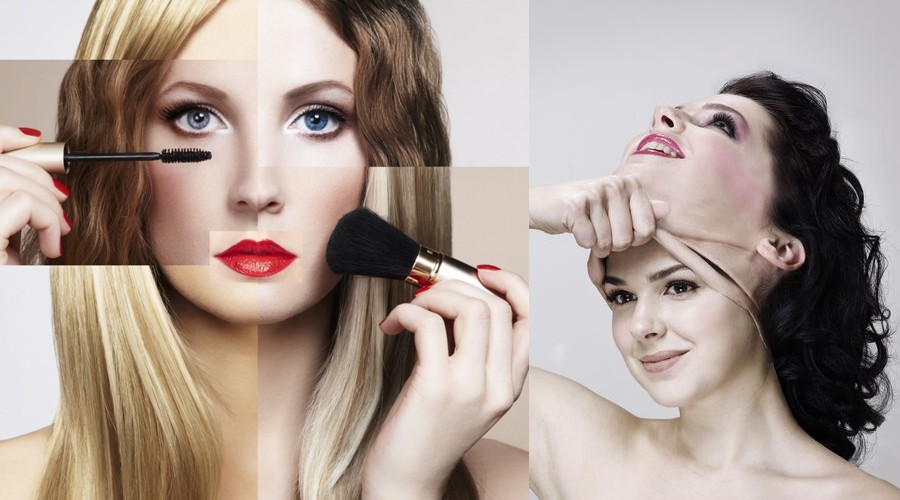Beauty is a concept that has captivated humans since ancient times. It is a quality that is often associated with visual aesthetics and appeals to our senses of sight, sound, touch, and even smell. Beauty is subjective and varies depending on one’s culture, upbringing, and personal experiences. However, the effects of beauty on our brain are universal, and understanding the psychology of beauty can shed light on how our brains process and respond to aesthetic stimuli.
What is beauty? The definition of beauty is subjective and varies depending on the individual. Beauty can refer to visual aesthetics, such as the symmetry of a face or the colors of a sunset, or it can refer to the sound of music or the taste of food. Beauty is often associated with positive emotions, such as pleasure and awe. The role of culture, upbringing, and personal experiences also shape one’s perception of beauty. For example, some cultures may place a greater emphasis on the beauty of physical features, such as skin tone and hair texture, while others may value natural landscapes and the beauty of nature.
The neuroscience of beauty is a complex and fascinating topic. The brain regions involved in processing visual beauty include the visual cortex, which is responsible for processing visual information, and the orbitofrontal cortex, which is responsible for the evaluation of the reward value of stimuli. Neurotransmitters and hormones associated with the experience of beauty include dopamine, which is associated with pleasure and reward, and oxytocin, which is associated with social bonding and trust.
The effects of beauty on emotions and behavior are profound. Research shows that exposure to beautiful stimuli can elicit positive emotions such as pleasure, awe, and happiness. The impact of beauty on social behavior is also significant. Studies have shown that people are more likely to be attracted to others who they perceive as beautiful, and beauty can also influence trust and cooperation in social interactions.
However, there is also a dark side to beauty. An overemphasis on beauty can lead to body image issues, such as eating disorders and body dysmorphia. Discrimination based on physical appearance, such as skin color or body size, is also a significant issue in society. Media and societal standards can shape unrealistic beauty ideals, leading to negative consequences for those who do not fit these standards.
In conclusion, the psychology of beauty is a fascinating topic that can shed light on how our brains process and respond to aesthetic stimuli. Beauty is subjective and varies depending on individual experiences, but the effects of beauty on emotions and behavior are universal. Understanding the neuroscience of beauty can help us appreciate the positive effects of beauty while also being aware of the potential negative consequences of an overemphasis on physical appearance. Ultimately, the psychology of beauty has significant implications for understanding the role of aesthetics in everyday life.





